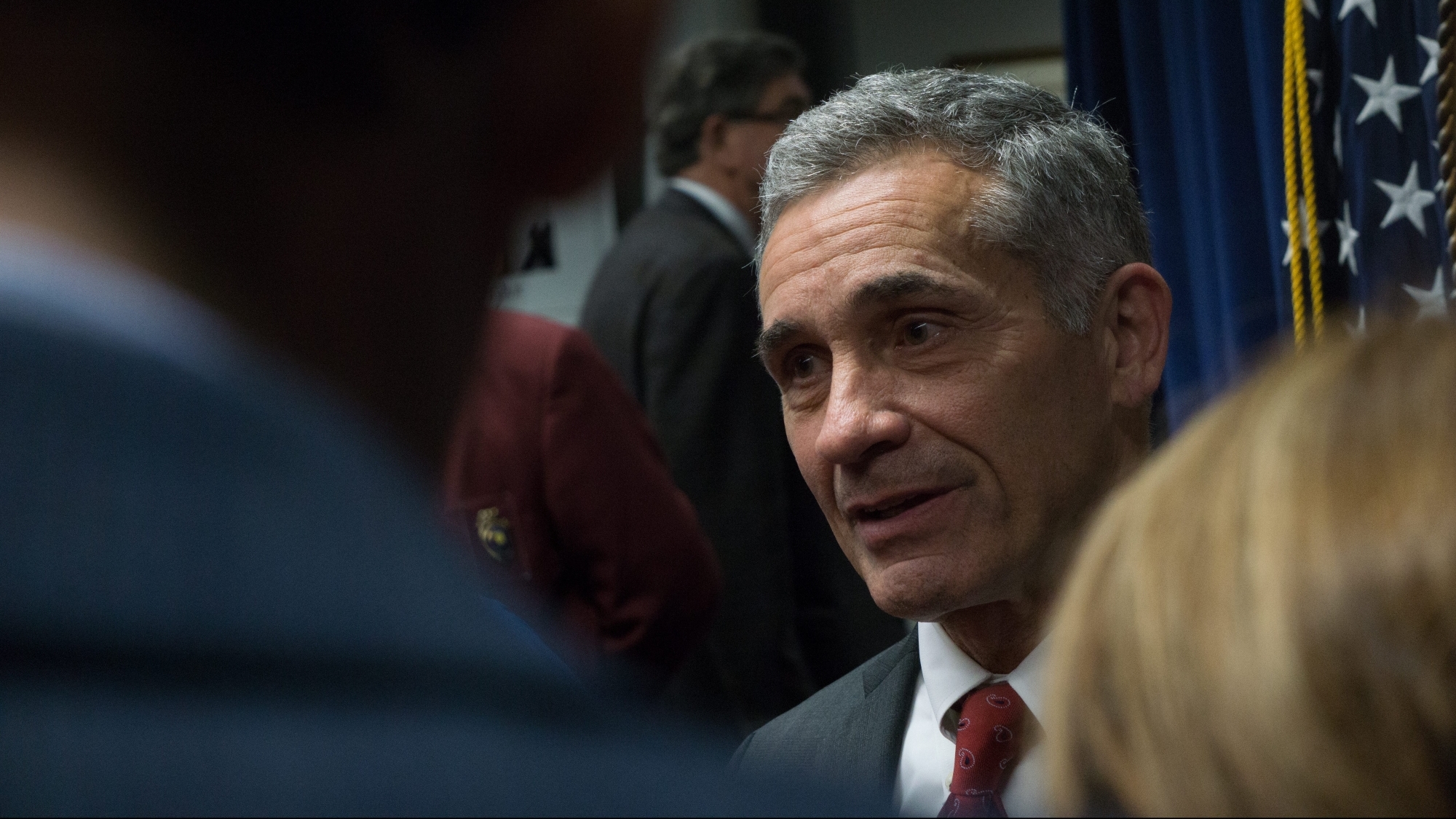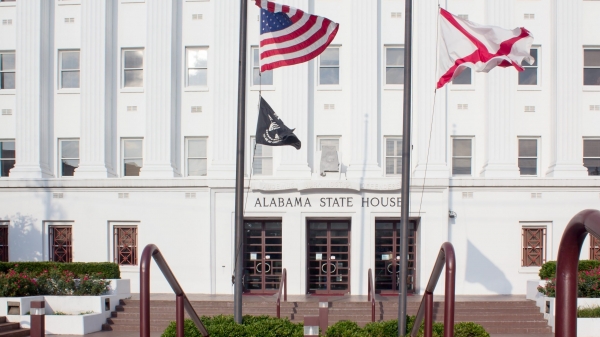Both chambers of the Alabama Legislature voted to concur with Gov. Kay Ivey’s executive amendment to a bill appropriating $1.9 billion in federal CARES Act money sent by the federal government for coronavirus crisis needs.
Both Houses passed the compromise, but Senate President Pro Tem Del Marsh, R-Anniston, denounced the governor’s conduct in how the compromise was reached.
“The governor threw members of the Legislature under the bus in tough times for no reason,” Marsh said. “This process requires trust, and there’s going to have to be a lot of trust rebuilt and the senate believes they were ignored. And that’s going to be problematic moving forward.”
Meetings occurred without the Senate leadership’s involvement, Marsh said. This was a Senate bill and the sponsor, Senator Greg Albritton, R-Atmore, should have been part of any negotiations, Marsh said.
Instead, the governor’s office crafted a compromise with House Ways and Means Chairman Steve Clouse, R-Ozark; Speaker of the House Mac McCutcheon, R-Monrovia, as well as other leaders of the House of Representatives.
Marsh complained that the governor’s compromise was particularly unfair to the overwhelmingly black Democratic minority in the Legislature.
“They truly have been left out of the process,” Marsh told reporters.
Under the plan that passed into law, spending of the $1.9 billion would have been approved by a committee that includes Marsh, McCutcheon, Albritton, and Clouse as the representatives of the legislature.
All four of them are white Republicans.
“The governor left us out,” said Senate Minority Leader Bobby Singleton, D-Greensboro. “It is our people in the African American community that are dying disproportionately.”
Singleton asked for the governor to issue an executive order adding representation from the minority party to the oversight committee.
Marsh said that he would strive to represent both parties on the committee.
“My members feel confident they can trust me,” Marsh explained to reporters.
The Senate did vote to concur with the governor’s amendment.
“We felt it was time to move on,” Marsh said.
“This is by no means a perfect compromise however we are pleased that the Governor has acknowledged that the Legislature has control of funding as per the Constitution,” Marsh and Senate Majority Leader Greg Reed, R-Jasper, wrote in a joint statement. “Ultimately, we gave our support to the Governor’s Executive Amendment as it is the best deal for the people of Alabama.”
“We understand that it is imperative to start getting CARES Act money as soon as possible to those who are most in need and sending this money back to the Federal government would not be in the best interest of Alabama,” the Senate leadership continued. “At the end of the day this is a win for the Legislature, a win for the Constitution and a win for transparency when it comes to the distribution of funds.”
Marsh was stung politically by the governor’s attacks on his plan to use $200 million of the CARES Act money for a new State House.
“There were some things that were flat out lies,” Marsh said of the reaction to the Senate’s wish list they prepared on the CARES Act spending. “The fiscal office conducted the meeting for us,” where the now-infamous “wish list” was written by Marsh and members of the Senate.
“That was a Senate list,” the speaker of the House told reporters. “There was going to be changes” in the list if it had gotten to the House.
McCutcheon defended meeting with the governor without involving the Senate.
“In the House, what we were doing was to keep the process going,” McCutcheon said. “The governor could veto the budgets.”
McCutcheon said that given the difficulty in getting the members there logistically and the sacrifices of the staff and not knowing what conditions would be like in Montgomery going forward the House was not willing to risk a special session to prepare budgets.
Marsh said that the governor has lost the trust of the Senate.
Monday was the 21st and final day of the Legislative Session.
Both chambers did vote to sine die, ending this year’s session, though the session would have ended at the stroke of midnight anyway as Monday was the last possible day to meet under a restriction in the state constitution on the number of calendar days in a regular session.





















































